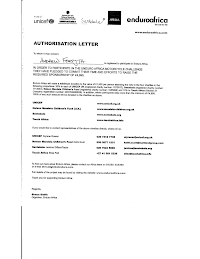
This week, I had hoped to participate in a promising H1N1 vaccine trial being conducted at the University of Maryland School of Medicine that is testing the immunogenicity and efficacy of two doses of a vaccine that may be used later this year to prevent infections and to save lives. But I got punted out. And not for the reasons you might have thought.
In fact, I screened out and wasn’t allowed to enroll because I was recently vaccinated against hepatitis A and typhoid as part of my travel preparations for Enduro Africa. Among the exclusion criteria was vaccination with live or inactivated viruses within 2 – 4 weeks of the initial dose. So they tossed me during the screening phase, with only free parking to show for my effort.
If I had planned differently and hadn’t been midway through my travel vaccinations, I might have skipped them in favor of receiving an H1N1 vaccine that is already approved for use in the EU.
Why? Because, as recent news and the design of the trial itself suggested, my chances of exposure to H1N1 are probably greater here in the States than are the chances of running into hep A and typhoid on an 8-day trip to modern South Africa.

In fact, most of the EA cohort will be departing from Heathrow, a known H1N1 hotspot due to trans-atlantic air travel from the Americas. Surely, one of them will pick up a little something enroute, and I don’t mean the cute, huggable variety.
Further, the CDC is concerned that a variant of H1N1 is headed back to the northern hemisphere and is likely to “result in a particularly severe flu season this year.” It is already stepping up its information campaigns and guidance to schools and public health departments. Getting vaccinated early could have conferred considerable personal and social benefits via herd immunity.
And in this case, completing the trial would have meant getting paid $600 to be vaccinated, which I had planned to donate to Enduro Africa. Fail.
Now, why did it seem more reasonable to get travel vaccinations (and pay $210 out of pocket in the process) for very low probability events (exposure to hep A, typhoid) than to get a vaccination against a high probability event (exposure to H1N1), and in the process help advance the testing of a product that could save lives, including my own?
I’m not certain, but I’d wager that it was due to the sorts of cognitive biases that cause all of us to be predictably irrational in many areas of life, not just ones like these. Sure, I’d have to factor in the severity and consequences of getting hep A or typhoid against H1N1 to be sure.
But I can tell you that I already wish I could hit “reset” and play this hand again.




No comments:
Post a Comment